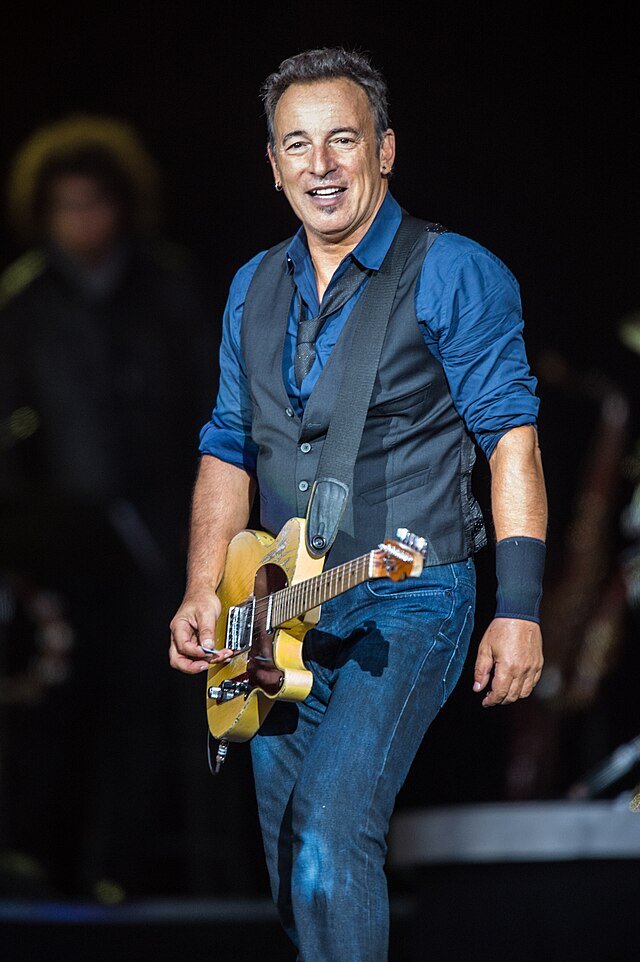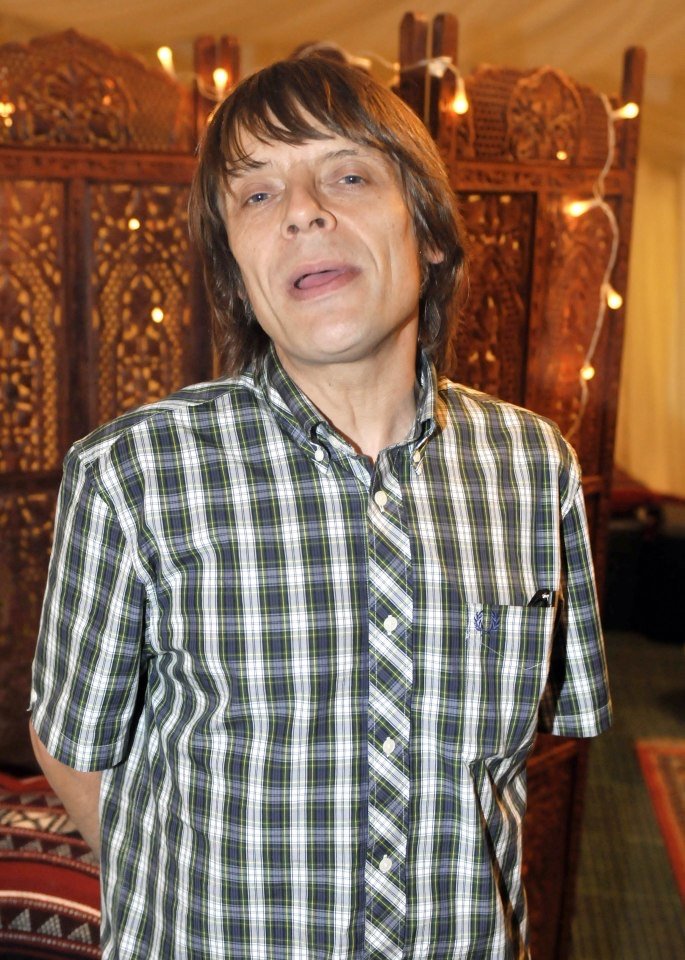
A Shocking Turn of Events
The Irish rap group Kneecap, known for their politically charged lyrics and rebellious energy, have found themselves at the centre of a major controversy. UK counter-terrorism police have launched an investigation into the band following comments and visuals made during their set at Coachella. What started as an impassioned political statement has escalated into something far more serious—one that now includes death threats, online abuse, and even a terrorism charge for one of the members.
What Happened at Coachella
During their Coachella performance, Kneecap used their platform to show solidarity with the people of Palestine. The group displayed visuals and slogans accusing Israel of genocide and voiced strong support for Palestinian resistance. The performance included symbolism and language that some claimed crossed the line into endorsing terrorist groups, notably with references to Hamas and Hezbollah. What might’ve once been seen as radical political protest is now being examined under the UK’s anti-terror laws.
A History of Rebellion
This isn’t the first time Kneecap has made headlines for their political stance. Known for rapping in both English and Irish, the Belfast-based trio has long been outspoken about Irish identity, colonialism, and state oppression. They’ve clashed with authorities before—especially in Northern Ireland—where their anti-establishment lyrics often ruffle feathers. But this new investigation takes things into unprecedented territory.
The Fallout
Following the performance and growing media attention, the backlash has been swift and extreme. The group have reportedly received death threats. The pressure hasn’t only come from the public—one member has now been formally charged with a terrorism-related offence. It’s a turning point not just for the band, but for the way political expression in music is policed in the UK.
What This Means Going Forward
The situation raises major questions about freedom of speech, especially in art and music. Should musicians be allowed to take hard political stances, even controversial ones? Or are there lines that, once crossed, warrant legal consequences? Kneecap’s supporters argue they’re being silenced for voicing solidarity with an oppressed people. Critics say the group have promoted hate and endorsed violence.
As the investigation unfolds, Kneecap stands at a crossroads: international fame colliding with legal jeopardy. Whatever the outcome, it’s clear this case will set a powerful precedent in the intersection between music, activism, and the law.

The Band’s Response
Kneecap haven’t backed down. They’ve stood even taller. After news broke of the investigation and the terrorism charge, the group addressed their followers directly, saying their performance was about solidarity, not support for violence. They made it clear they were using their platform to speak out for Palestinian rights, not to encourage hate.
They called the backlash expected, describing it as part of a long history of Irish voices being silenced for challenging state power. They also spoke out against the death threats they’ve received, calling them proof of the very intolerance they were protesting. Their message was clear. Music should speak truth, even when it’s uncomfortable.
Public Reaction
Fans and fellow artists have stepped forward with support, saying Kneecap are being punished for using their voice. People have pointed out that music has always been political. From punk to hip-hop to protest folk songs, artists have often been the loudest defenders of the oppressed.
But critics have pushed back hard. Politicians and media figures say Kneecap went too far by naming and aligning with groups known for violence. Some have even called for them to be banned from performing in the UK or blocked from earning money through their music.
A Bigger Question
It’s no longer just about one show. This has opened a wider conversation about the limits of free speech in music. Can you criticise a government or express support for a cause without being treated like a criminal? Where is the line between protest and provocation?
Kneecap have sparked that debate. Some see them as reckless. Others say they’re brave. Either way, they’ve forced people to talk. And whether you agree with them or not, that alone proves how powerful music still is.
What Comes Next
Kneecap now face a legal battle that could shape their future as a band. With one member already charged and investigations still underway, their ability to perform, tour, and even release music might be on the line. But it’s clear they’re not stepping back. If anything, the controversy has added fuel to their message.
The group have always worn rebellion like a badge of honour. But this time, it’s more than a rebellious lyric or defiant interview. It’s real-world consequences, national media coverage, and the eyes of both supporters and critics watching their every move.
No matter the outcome, this will leave a mark. On the band. On the industry. And maybe even on how political voices are treated in the UK going forward. Whether you stand with them or not, Kneecap’s fight has become bigger than the music.




